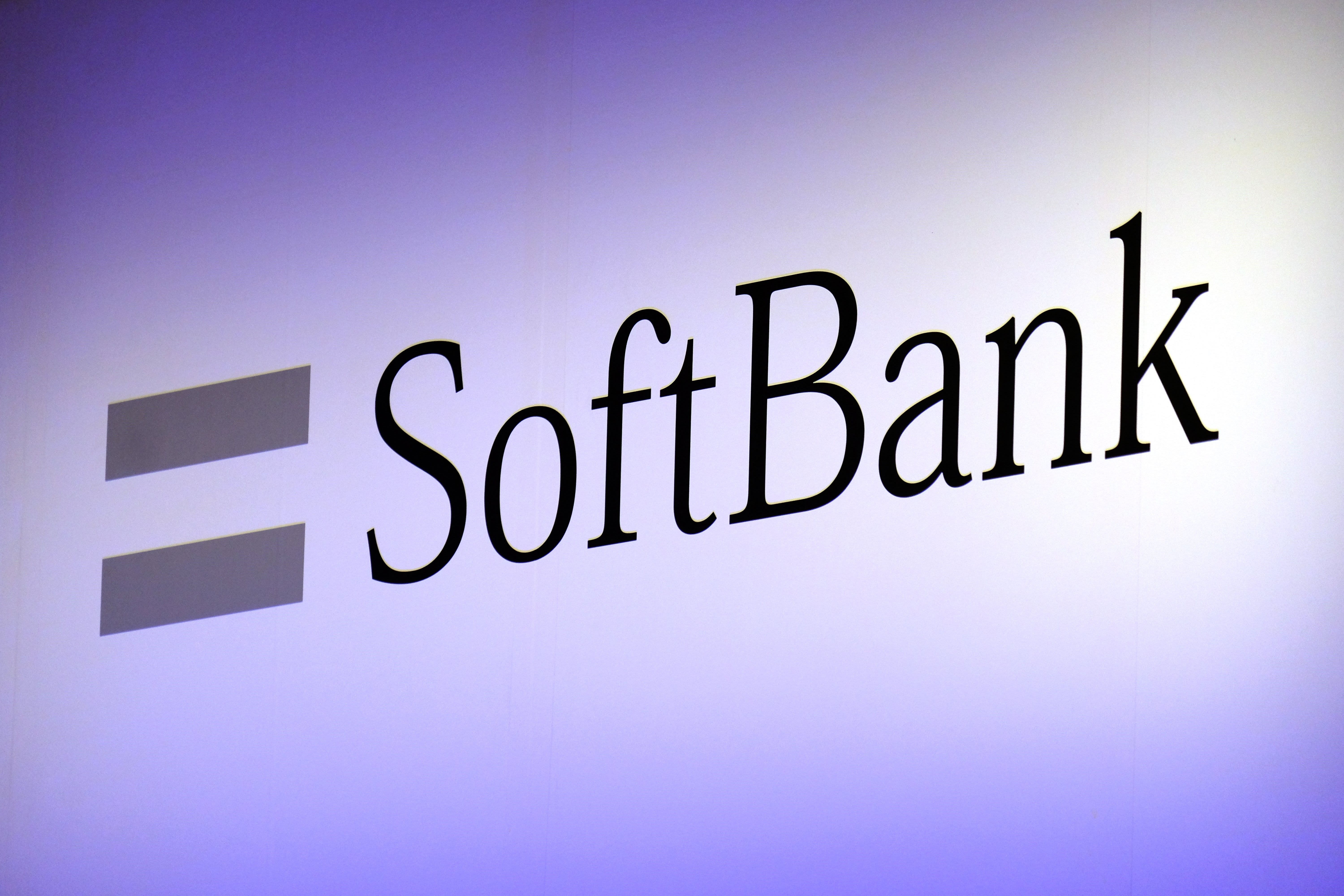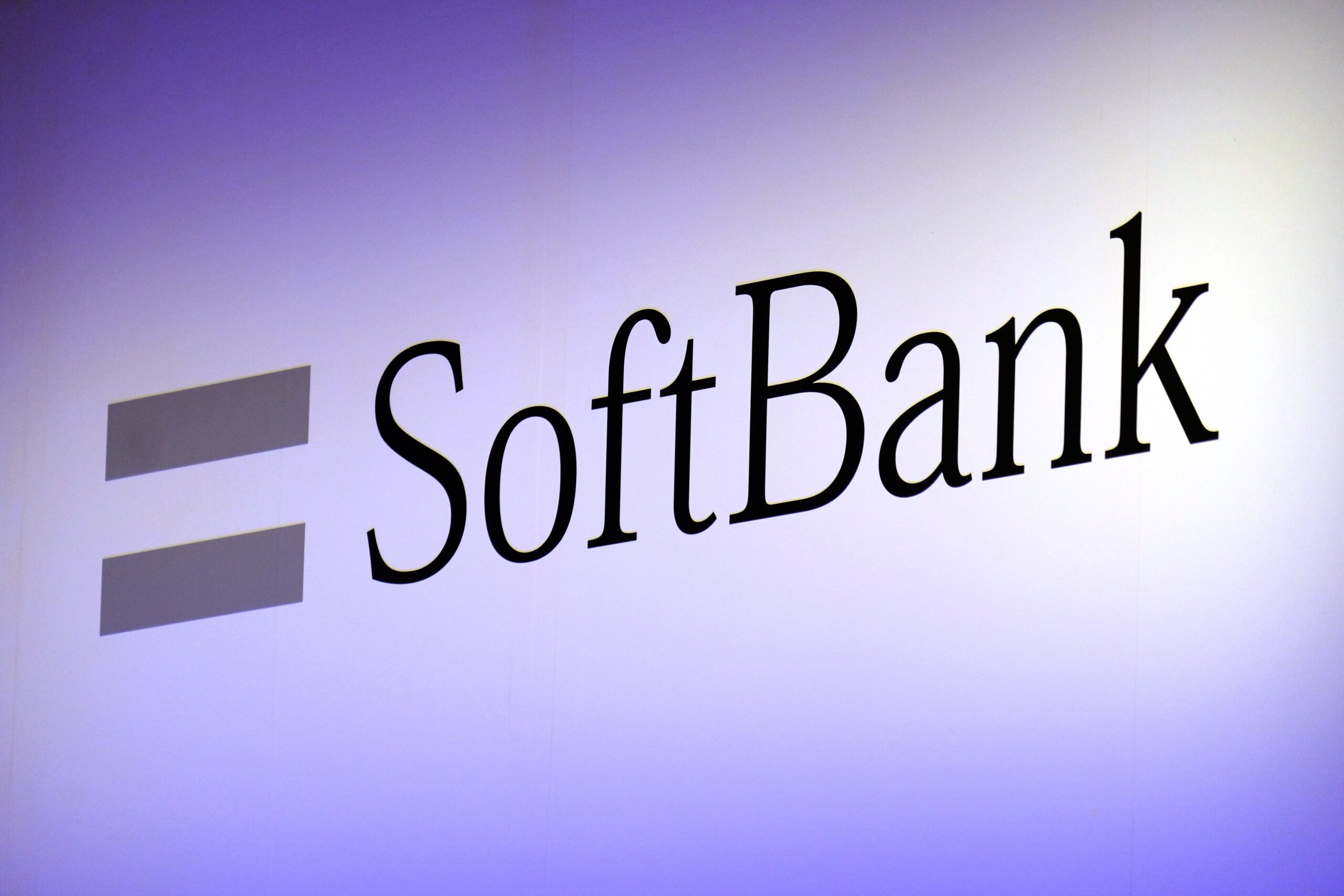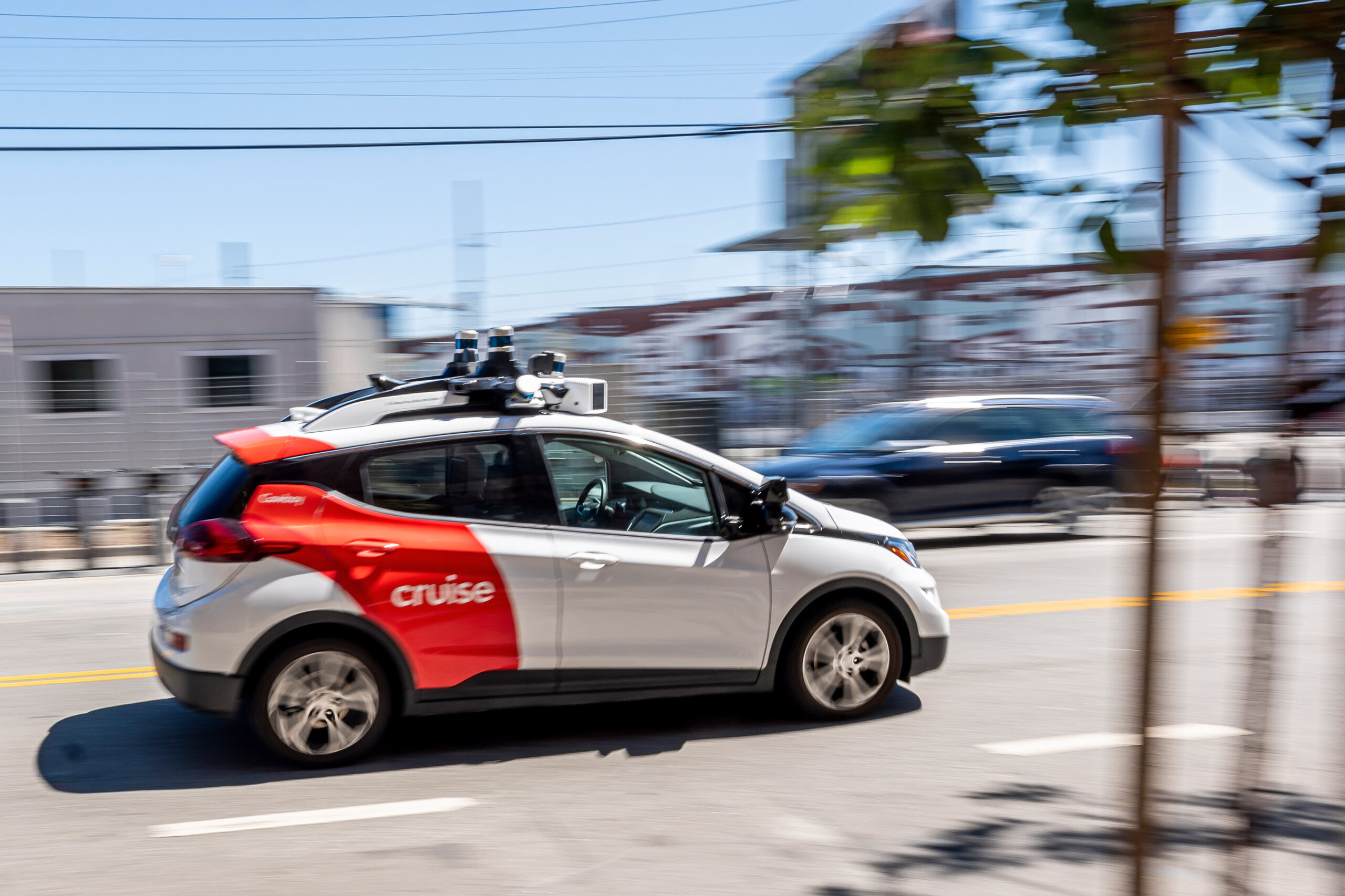
Shares in Japan’s SoftBank Group plunged more than 14% Wednesday amid a broader drop in Asian AI-linked companies, tracking declines in U.S. peers, as investors turned wary of stretched valuations in the market’s most crowded trade.
SoftBank, which has built a broad portfolio of AI-related investments spanning infrastructure, chips, and application firms, lost about $32 billion in market cap. If losses hold, the group’s shares will clock their worst day since last August when they tanked over 18%, data from LSEG showed.
SoftBank has a controlling stake in U.K-based Arm Holdings, whose chip designs power mobile and AI processors, and acquired Ampere Computing this year to strengthen its AI data-center capabilities. Nasdaq-listed Arm Holdings saw shares drop 4.71% overnight.
The group has backed leading AI model developers such as OpenAI, as well as application-level startups like OpusClip, a generative-AI video-editing platform, and Tempus AI, which applies machine learning to precision medicine.
The drop in SoftBank shares has erased nearly $50 billion in market cap over two days. Stock had dropped over 7% on Tuesday as well.
Loading chart…
Other Japanese tech stocks also fell: semiconductor testing equipment maker Advantest declined over 8%, chipmaker Renesas Electronics lost 5.48%, Tokyo Electron, a chip production equipment maker, fell more than 5%.
South Korean memory chip giants Samsung Electronics and SK Hynix lost nearly 6%. The surge in chipmakers SK Hynix and Samsung Electronics this year has helped push South Korea’s Kospi Index to record highs.
Taiwan’s TSMC, the world’s largest contract chipmaker, fell 2%. Alibaba declined over 3% while Tencent was more than 2% lower.
The declines come after U.S. software company Palantir dropped about 8% overnight, even after topping expectations for the third quarter, as sky-high valuations across AI sector hit investor sentiment. The AI-led rally has pushed the S&P 500’s forward P/E above 23 — its highest since 2000, according to FactSet.
The frenzy around AI has sparked concerns that markets could be in the midst of a tech bubble.
“There is fear of an AI correction, and if it comes, it will sweep the rest of the market with it due to the heavy weight of the leading names,” market veteran Louis Navellier wrote in a note.
Some analysts say valuations of AI companies increasingly resemble the dot-com boom of the late 1990s, with share prices soaring far ahead of credible profit expectations.
Jared Bernstein, who headed the Council of Economic Advisers during the Joe Biden administration, noted that the share of the economy devoted to AI investment is almost a third higher than during the internet bubble, adding that the gap between earnings potential and spending “certainly looks bubbly.“
Michael Burry, famed for predicting the 2008 financial crisis, has also stirred controversy with his bet against AI darlings Palantir and Nvidia. In a recent filing, Burry’s Scion Asset Management revealed significant short positions on these firms, which are at the forefront of AI and chip technology.
Besides Palantir, other U.S. tech majors also fell overnight: Oracle lost 4%, Chipmaker AMD dropped nearly 4%, while Nvidia and Amazon also declined.
“In my view, [the selloff] is short lived. I don’t believe this is a start of a more structural sell off,” said Dan Ives, managing director and senior equity research analyst at Wedbush. “I think it’s just a lot of nervous, sort of white knuckles and the selloff that we saw … along with the selloff that we’ve seen crypto and others, it was just a massive risk off.”



